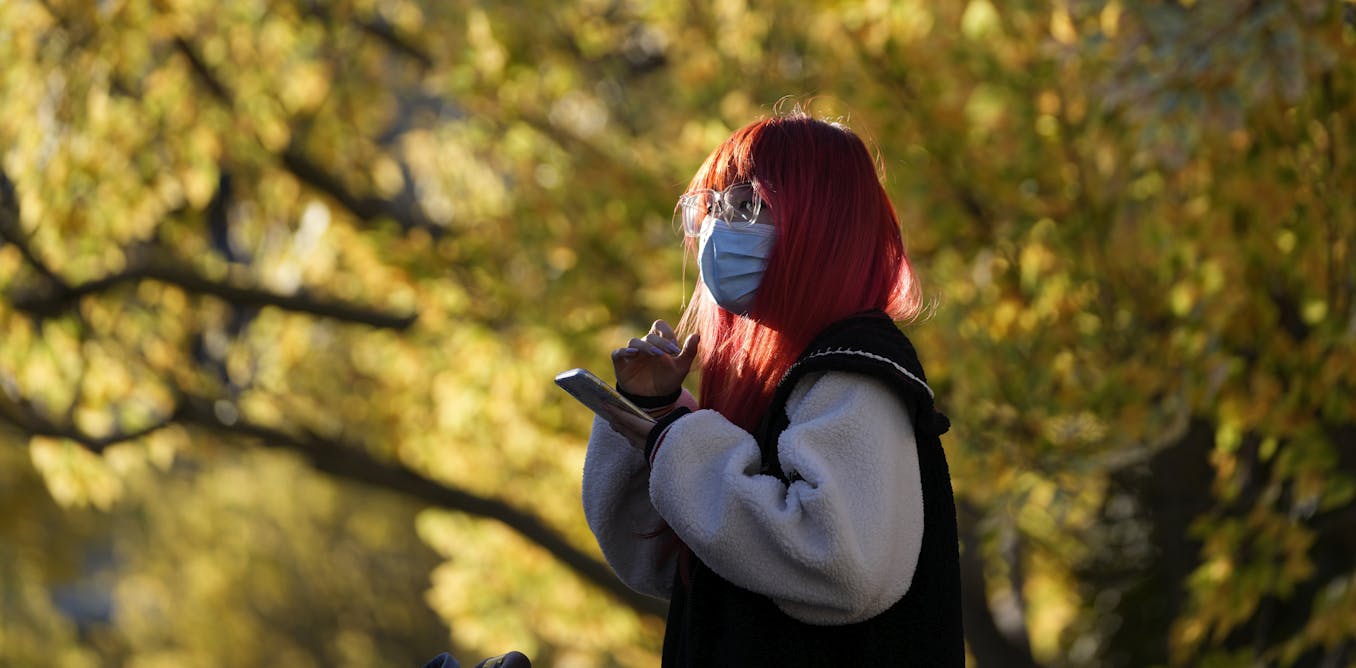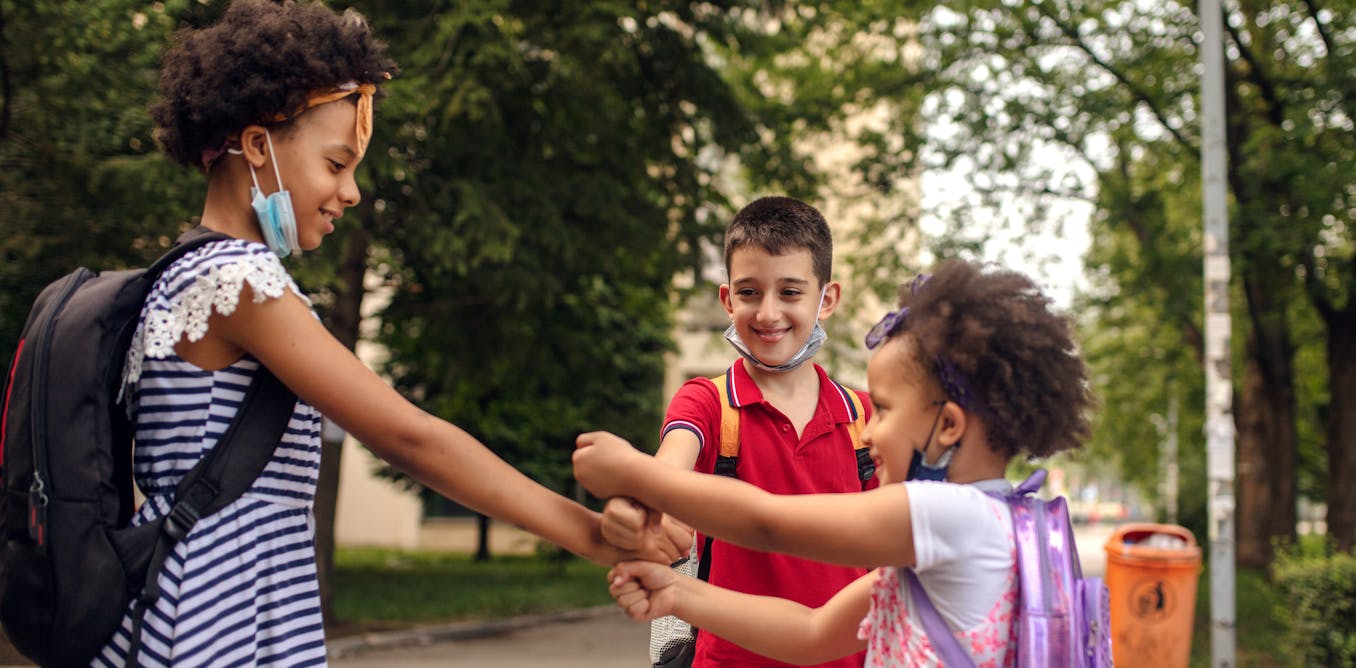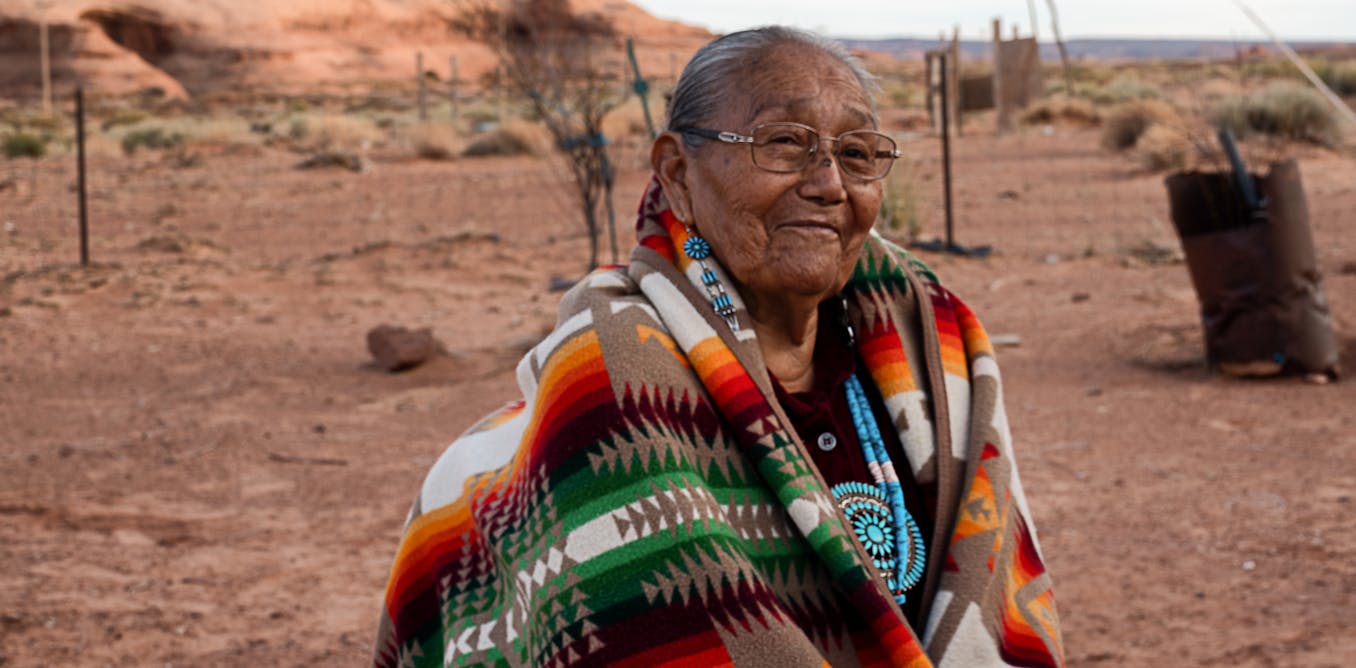Bilingual schooling can boost literacy - but in Côte d’Ivoire it's not as clear cut
Investing in bilingual education can reduce grade repetition, drop-out rates, and improve literacy outcomes.
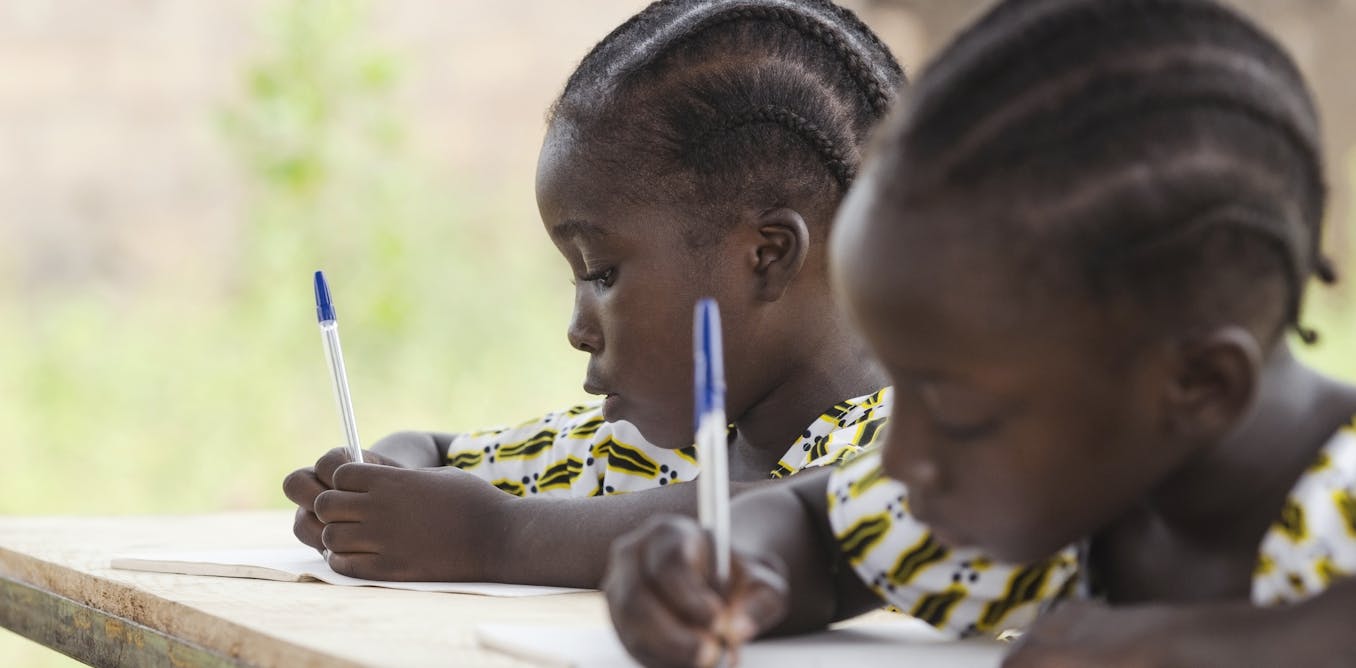
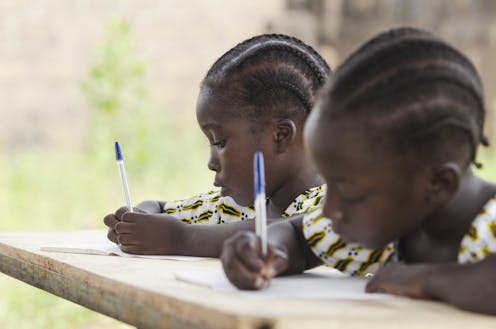
In countries where more than one language is spoken, education systems are challenged with choosing which language to use in schools. Learning in a new language is an especially difficult task for a child. Instead, learning in a language a child already speaks may better support schooling and literacy outcomes.
A common approach in multilingual communities is bilingual education, where instruction occurs in both a mother tongue and an official language. There is abundant evidence that early experience with two languages, be it at home with bilingual family members or at school in a bilingual education programme, may benefit children’s spoken language skills. These skills – vocabulary and the awareness of the sounds of language – predict children’s early reading abilities. This evidence has been found in sub-Saharan Africa and beyond.
However, we wanted to know more about how home and school language environments support skilled reading in multilingual communities with low literacy rates, such as in rural Côte d’Ivoire. Our aim was to understand whether bilingual home and school environments may benefit children’s language and reading skills in this context. We also wanted to understand what factors might influence literacy outcomes in such contexts.
We conducted research in Côte d’Ivoire in 2016 to 2018. There are over 70 languages spoken in Côte d’Ivoire, yet French remains the language of instruction in most primary school classrooms. The outcomes are poor: only 53% of young people between the ages of 15 and 24 are literate. We measured children’s language and reading skills in both their mother tongue and in French, and compared outcomes between children attending a French-only or bilingual school, who were growing up in either monolingual or bilingual homes.
We found, as expected, that children from bilingual homes had better language and reading skills than their monolingual peers. But unexpectedly, children at French-only schools did even better at language and reading tasks. The reason seemed to be the resources available at French-language schools. The implication is that efforts to use multiple languages in education also need to be supported by better resources like teacher training and classroom materials in mother tongue languages.
The research
Most rural households in Côte d’Ivoire don’t speak French, so many children are first exposed to the French language when they start school. This mismatch between the language spoken at home and the language spoken at school may contribute to the fact that 10% of children repeat grades, only 73% of children remain in school through the end of primary, and only 53% of those aged 15 to 24 are literate.
Côte d’Ivoire initiated a national-scale programme called Projet École Intégrée in 2001, featuring classroom instruction in a mother tongue language alongside French. Our research team was interested in how children’s spoken language skills and reading skills differed according to home and school situations in rural, multilingual communities with low literacy rates.
We looked at differences between:
bilingual (mother tongue and French) and monolingual (mother tongue only) homes and
bilingual schools in the Projet École Intégrée programme and traditional French-only schools.
We assessed 830 children’s spoken language skills in both their mother tongue (Abidji, Attiè, Baoulè, Bètè) and in French, and tested their reading skills in French.
As we expected, based on prior research linking early bilingual experience to advantages in language and reading skills, children from bilingual homes outperformed their peers from monolingual mother tongue-speaking homes on all of the language and reading tasks in both languages.
But the school results weren’t as straightforward.
Children from bilingual schools repeated grades less frequently than children from traditional French-only schools. This suggests that instruction in the mother tongue may have helped them better understand the classroom curriculum. But overall, children attending bilingual schools performed worse on the language and reading tasks in both languages compared to children attending traditional French-only schools.
This result was the opposite of what was expected based on prior bilingual education research.
It may have reflected differences in the quality of education that children received between the two types of schools. Such quality differences were related to the use of mother tongue languages in bilingual classrooms. Teachers did not have sufficient training or classroom materials available for teaching in mother tongue languages. Traditional French schools did not face the same challenges because teachers are trained in French instruction and have sufficient French teaching materials available.
Teachers from bilingual schools faced barriers that limited their ability to provide high-quality bilingual instruction. They had to deal with perceptions within their communities that the mother tongue was not an effective tool for learning. As one fifth grade teacher from the village of Moapè told us, they also lacked adequate resources for teaching in mother tongue languages:
We have no pedagogical guidance for teaching in the local language. I have to prepare lessons and to write each exercise by hand in all 40 notebooks of the students in my class … I prefer to give my lessons in French … Also, from the get-go, we have not been trained in bilingual education. We are assigned to a class on the basis of our ethnicity, and not on our mastery of techniques for the language of instruction.
These constraints on bilingual education quality may have prevented children’s early literacy skills from thriving. Therefore, it’s not enough to implement a bilingual education programme and expect learning and literacy outcomes to improve. Education systems should invest in bilingual education programmes to ensure that teachers have the resources they need to provide high-quality bilingual instruction.
Going forward
Bilingual education is worth investing in. It reduces grade repetition and drop-out rates, and improves literacy outcomes. Including a child’s mother tongue in education places value on their culture and may improve learning outcomes by increasing the child’s confidence and self-esteem. Improving the quality of bilingual education may also convince communities of its value and reduce negative perceptions of mother tongue instruction.
Recognising the need to improve the quality and outcomes of bilingual education programs, Côte d’Ivoire has transitioned to the Organisation Internationale de la Francophonie École et Langues Nationales en Afrique (ELAN) programme, which aims to improve the quality of bilingual education. Monitoring quality improvement will be important for schools’ success.![]()
Kaja Jasinska receives funding from the Jacobs Foundation.
Mary-Claire Ball tidak bekerja, menjadi konsultan, memiliki saham, atau menerima dana dari perusahaan atau organisasi mana pun yang akan mengambil untung dari artikel ini, dan telah mengungkapkan bahwa ia tidak memiliki afiliasi selain yang telah disebut di atas.
What's Your Reaction?



































